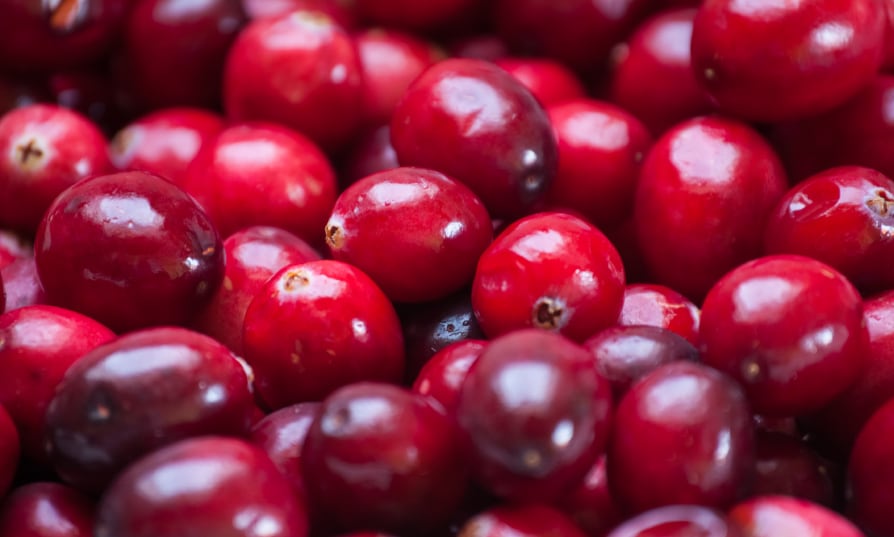Researchers at the Commonwealth Scientific Industrial Research Organization and other institutions in Adelaide, Australia, also found that the incidence of Escherichia coli was 51% lower in the cranberry group during the six-month study period.
“The new study shows that Pacran can reduce UTI recurrence, time to first UTI and the average number of UTIs,” said Pascale Fança-Berthon, category technical leader, health at Givaudan Taste & Wellbeing, in a press release.
“The study also offered new data confirming Pacran’s effectiveness on the hallmark symptoms of UTI: frequency and urgency. With this study, we demonstrate the repeatability of the clinical benefit of Pacran, which becomes the cranberry ingredient with the highest level of evidence for reducing the incidence of UTIs.“
Recurrent UTIs
The current study noted that 50% to 70% of females experience a UTI in their lifetime and 20% to 40% of those who have had a UTI will have a recurrent UTI (rUTI).
Cystitis is one of the most common UTIs, and doctors treat it using antimicrobial medications, sometimes as a preventative measure in individuals who are susceptible to the infection.
However, with continued use, patients may develop antibiotic resistance, highlighting the need for alternative effective therapies.
Cranberry benefits
Cranberry fruits contain proanthocyanidins and flavonoids. Previous studies have demonstrated that these antioxidant compounds may prevent E. coli, a species that causes UTIs, from adhering to cells in the urinary tract, reducing their colonization and resulting infection.
As recently reported, a Cochrane review of 50 clinical trials supported cranberry juice as effective for rUTIs. In addition, cranberry outperformed D-mannose in a UTI health trial.
Most previous trials have evaluated whole cranberry fruits or juice, and the current authors noted that blinded, placebo-controlled studies of cranberry fruit powder were limited.
Study details
The randomized, placebo-controlled, double-blind study published in The American Journal of Clinical Nutrition, involved 145 healthy female participants with rUTIs over the past six to 12 months.
The trial was conducted at five sites across Australia, including the Commonwealth Scientific Industrial Research Organization (CSIRO) Nutrition and Health Research Clinic in Adelaide, South Australia.
The participants consumed one daily capsule of 500 mg/d of whole cranberry powder supplied by Givaudan (Pacran) or placebo for six months.
Culture analysis confirmed that the cranberry capsules reduced the UTI risk by 52% compared to placebo. E. coli was the most frequently detected UTI species, and the researchers found that its incidence was 51% lower in the cranberry group compared to placebo during the six-month study period.
The incidence of urinary frequency or urgency symptoms was also reduced in the cranberry group, and the time to first UTI incidence was longer.
The researchers stated that “a reduction in incidence of symptomatic suspected UTI was not detected,” noting that this result contrasts with the largest study to date involving cranberry juice and hypothesizing that this may be due to varying diagnosis methods.
Additionally, the study noted that “the mean total number of UTIs per participant recorded over the 6-month intervention period was lower in the whole cranberry powder group than the placebo group.”
Based on the positive results on UTI incidence and the safety profile of cranberry powder, the authors called for further studies to expand their findings.
Source: The American Journal of Clinical Nutrition, 2025, ISSN 0002-9165. doi: 10.1016/j.ajcnut.2025.01.022. “Whole cranberry fruit powder supplement reduces the incidence of culture-confirmed urinary tract infections in females with a history of recurrent urinary tract infection: A 6-month multicenter, randomized, double-blind, placebo-controlled trial”. Authors: W. Stonehouse et al.

